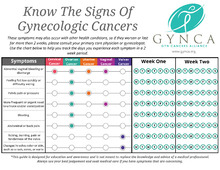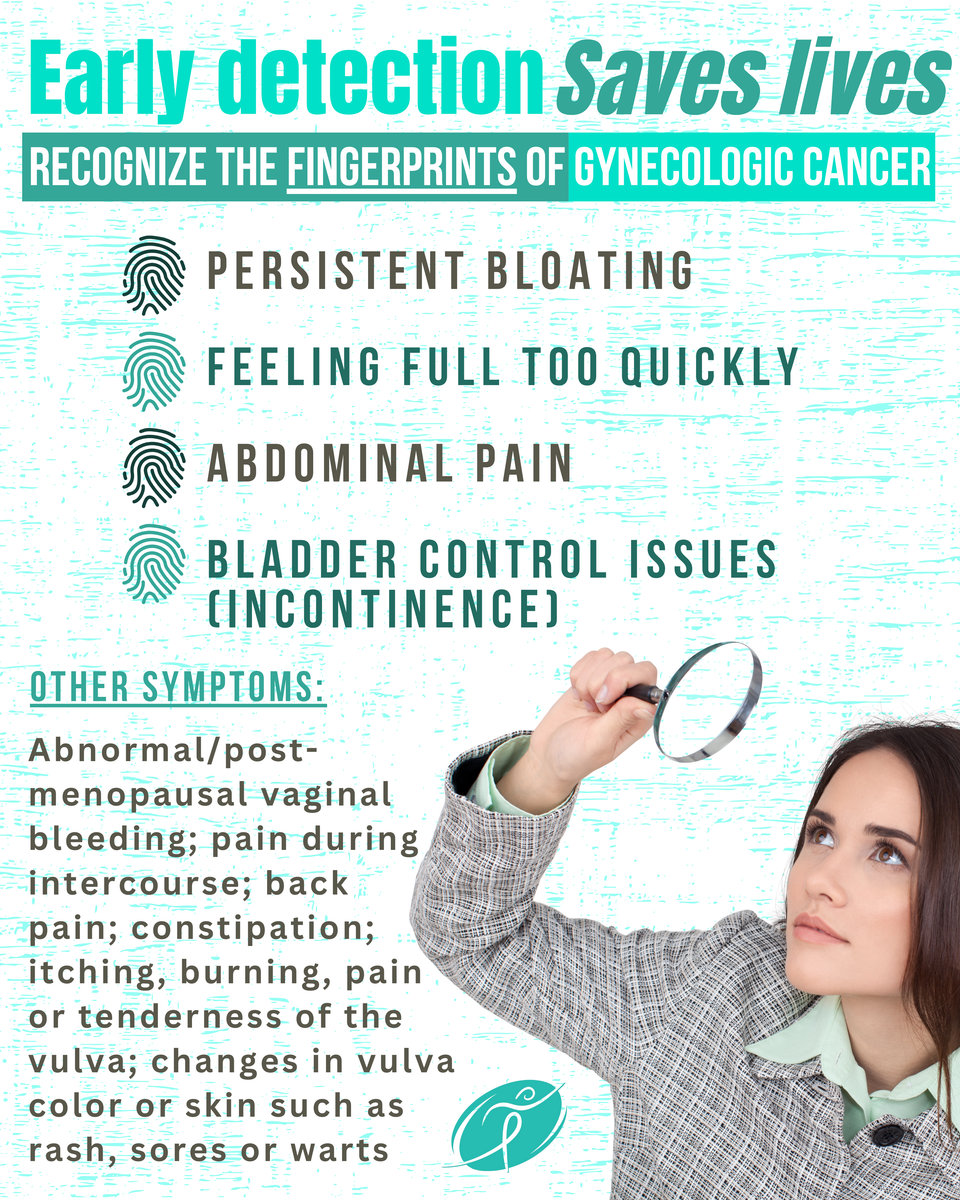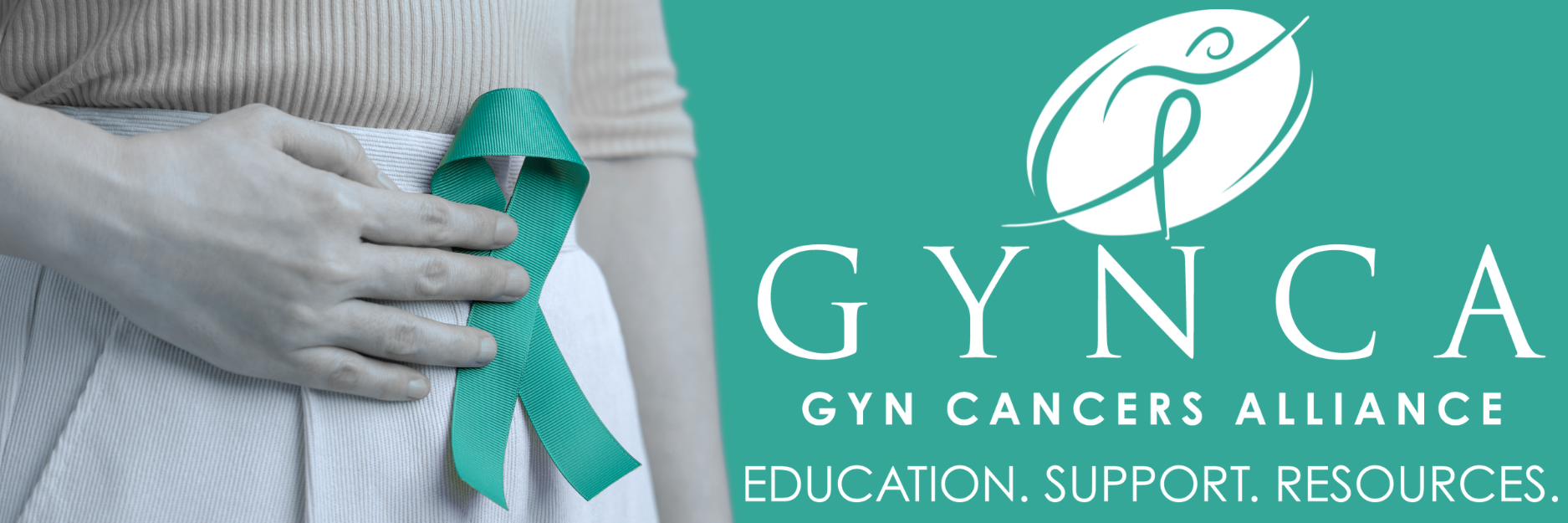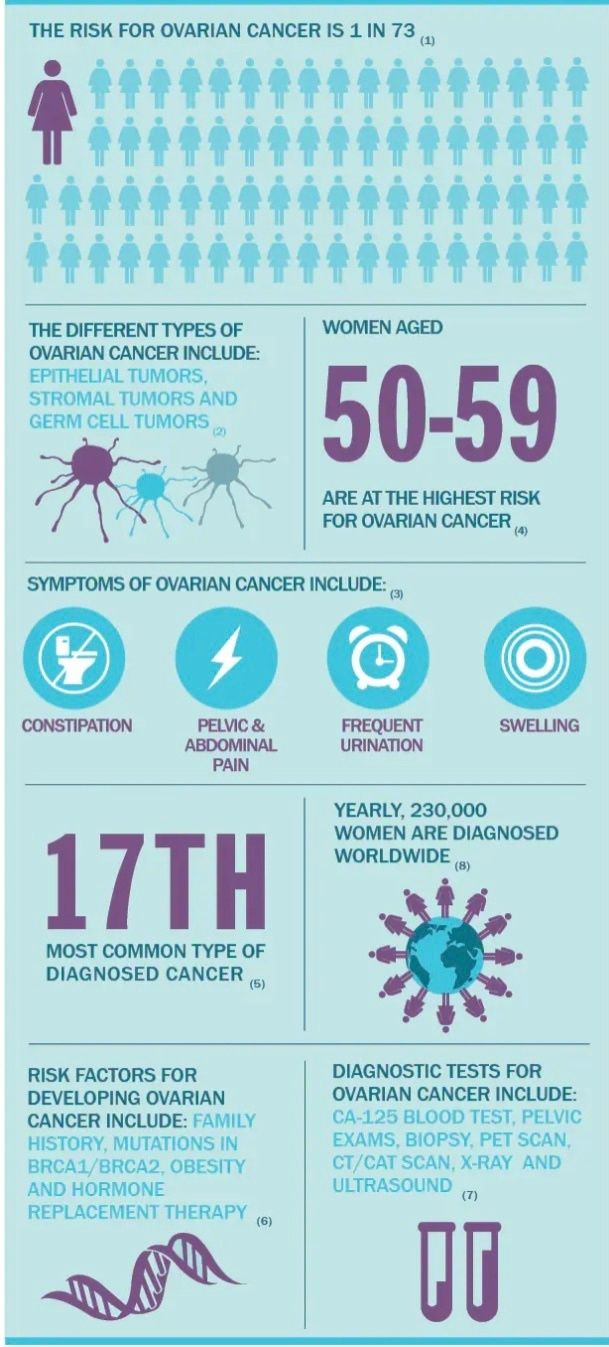Download Your Free Symptom Diary
 PDF
PDF
Tracking your symptoms over the course of 2 weeks can help identify potential health problems that need to be discussed with your physician.
Bring your symptoms diary with you to your appointment as a tool to help you discuss any new or lingering symptoms.
Disclaimer: the symptom tracker is not intended to diagnose any medical condition and is intended for informative and educational purposes only
Download "Symptom Diary.pdf"




 PDF
PDF


